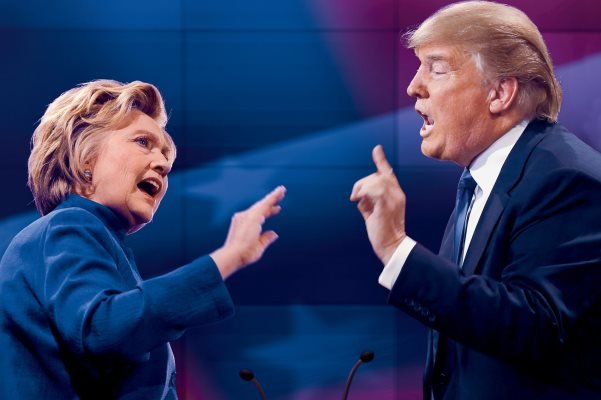Trump and the American elections

Donald Trump has broken several longstanding norms in the US presidential election by insulting Mexican migrants and undocumented workers, Muslims, women, and several reputable, establishment Republican candidates.
Yet, he has managed to remain as a leading presidential candidate throughout the campaign season and now is widely considered by the Republic Party to be challenger to the Democratic nominee Hillary Clinton on Election Day, November 8. What explains this anomaly in the US presidential election?
Trump’s virulent nationalist messages has channeled a strong appeal with white Americans, who either are unemployed, or have lost a home to foreclosure, or who fear the growing, perceived menace of becoming a member of the minority group in the rapidly changing demographic order in America. This new America, one where non-whites and diverse ethnic, racial, and religious groups represent the vast majority of Americans, presents a fresh assault on a group that feels increasingly culturally, religiously, and economically marginalized. But perhaps most significantly, Trump, who has managed to avoid performing his civic duty to the country by paying federal/state taxes for nearly two decades, continues to lack the basic decency to speak to the elements of fairness and justice that represent the idealistic goals for the vast majority of Americans. Yet, his appeal—largely populist and misguided—has kept him a contender to Secretary Clinton.
Trump’s ascension to the White House would mean trouble for the P5+1 nuclear deal with Iran at a time when the rest of the world sees this agreement as the best hope for a reduction of tensions in the Middle East. Hillary Clinton has come to a different interpretation of this deal, in that she broadly supports a diplomatic track that avoids the possibility for outright conflict with Iran. Although Hillary Clinton has not indicated that US-Iran relations are likely to drastically change in coming years, she is less inclined to confront Iran’s regional prowess and legitimate interests in the region. She knows that Iran’s role in reducing some regional tensions is crucial, while also acknowledging some fundamental policy differences with Tehran in certain areas. She might be inclined, however, to turn the heat on Iran by keeping the multifaceted first-order financial sanctions on banking and trade with Iran. This signals a new layer of complexity for the future of US-Iran relations but not necessarily more complicated troubles to come. Regardless of who the next president is, there exists a unique opportunity to build on the Obama administration’s attempt to engage Iran for the sake of fighting terrorism and promoting stability in the region. Isolating Iran is no longer in the US interests and the Western world more generally. On both prudential and pragmatic grounds, Hillary Clinton will be a better bet for stability and order in the future relationship between Tehran and Washington.
Mahmood Monshipouri, PhD., is a professor of international relations at San Francisco State University and he is also a visiting professor at UC-Berkeley, teaching Middle Eastern Politics, and editor, most recently, of Information Politics, Protests, and Human Rights in the Digital Age (New York: Cambridge University Press, 2016).
Leave a Comment